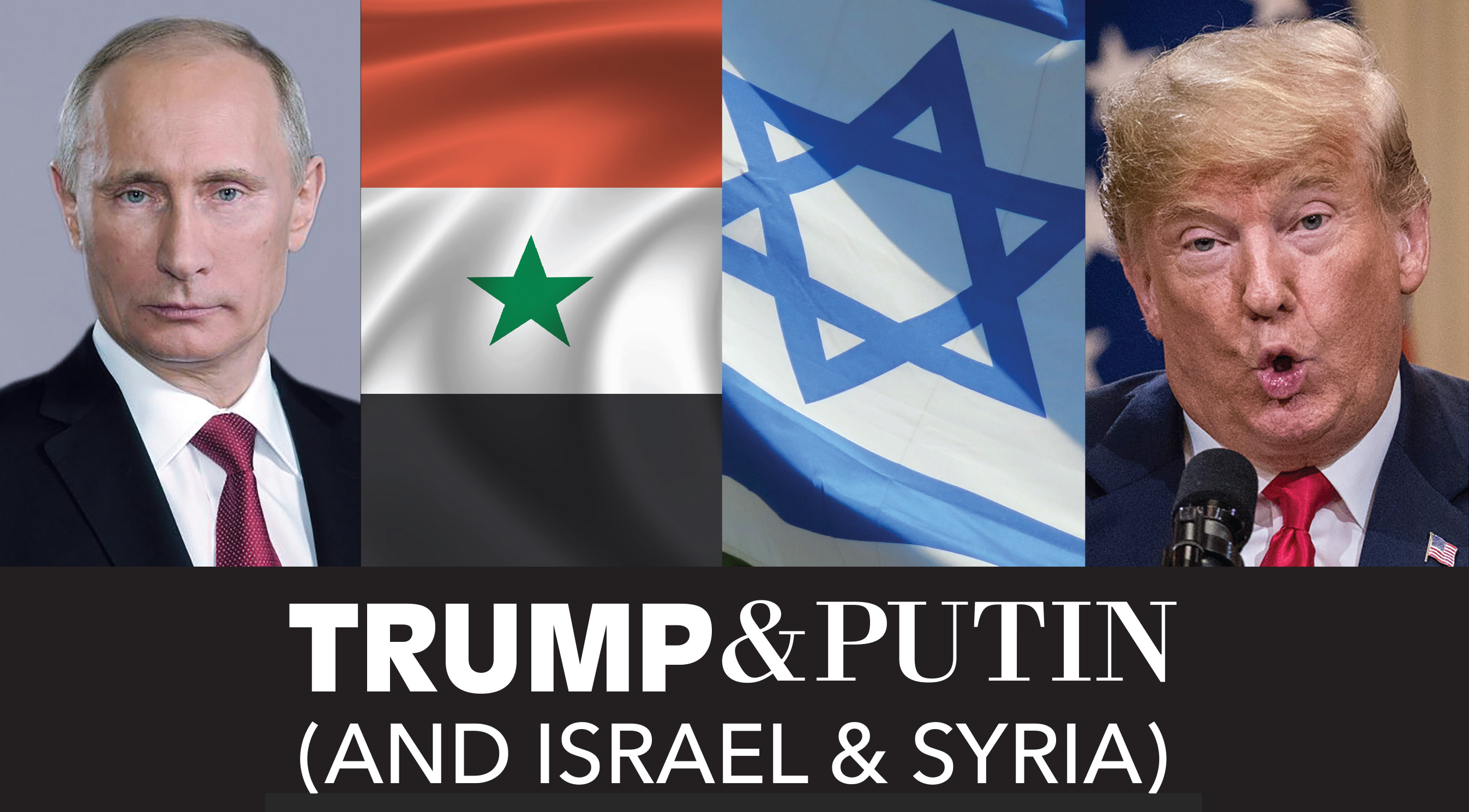By Cindy Mindell ~
For David Michael Kaplan, a Jewish officer in the U.S. military has never posed an anomaly. The now-retired army lieutenant colonel will speak
about his experiences on Sunday, Feb. 26 at Temple Sinai in Stamford, hosted by the Jewish Historical Society of Lower Fairfield County. Here, Kaplan, who lives in Connecticut, tells the Ledger about how a nice Jewish boy from North Carolina made his way to West Point and beyond…and how he managed to maintain his Jewishness in the military.
I grew up in Hendersonville, N.C., a small town nestled in the western mountains. When I was growing up in the 1950s to mid-1960s, the congregation consisted of about 35 Jewish families. My father was the president and lay leader of Agudas Israel from 1945 until his death in 2008. My mother was the first lady and hostess for the Jewish community for her entire life. I received a traditional Conservative education, culminating in my bar mitzvah and enthusiastic participation as a teen in the regional chapter of AZA (BBYO). I graduated from a public senior high school class of 100 students, of whom three were Jewish.
When my father suggested West Point, I applied. I graduated in June 1969 and served for 21 years, retiring in 1991. Over the course of my career, I was involved in a wide range of activities. I served in a war arena – Vietnam – and in the Pentagon during the Gulf War.
I served at army posts in Colorado, Germany and New Jersey; and I taught literature and philosophy at West Point.
Being Jewish in the military was an overwhelmingly positive experience. During my student years at West Point, I participated in the Jewish choir and attended Jewish chapel on a regular basis. I was greatly influenced by Rabbi Avraham Soltes of New York, who volunteered his time to serve as part-time chaplain to the cadets. The Friday-night Onegs sponsored by local Jewish War Veteran chapters were a highlight of the week and became a role model for my own future practice.
One of the highlights of my early military career was interacting with Jews from all over the world. Attending services with Vietnamese Jews of French extraction and dancing around the Torah at Simchat Torah services with aging Holocaust survivors in Germany were true bonding experiences. I found myself in the position of wanting to take a leadership role while we lived in Germany and therefore served as a Jewish lay leader. I sought out as many Jewish soldiers as I could find and organized local Shabbat services, High Holiday services, and family social gatherings, and worked on community-building. My wife, Elissa, and our children were incorporated into Jewish military activities such as religious school and holiday observance everywhere we were assigned. Some of our best Jewish memories are our experiences with the local Jewish communities wherever I served – in each instance, being welcomed and getting involved in Jewish activities right away.
I am deeply grateful to the former Jewish Welfare Board who conducted retreats and provided leadership training, provided holiday and service materials, and food wherever I was stationed, including Vietnam and Germany.
Preserving our Jewish identity and life during military service was actually easy. Candles and kiddush each Friday night in our own home reminded us of who we were and centered us. We found that by being very visible in our Jewish identity while exhibiting tolerance towards others, we were always supported by our military leadership in creating Jewish community where there was none and participating in local Jewish community activities where they existed. Elissa and I found that stepping up to leadership roles in Jewish activities was the surest way to preserving and enhancing our Jewish identity and experience.
While there were many challenges in doing so, one example perhaps best illustrates how well the military accommodated resolution. When we arrived in Baumholder, Germany in 1979, the army post included about 20,000 U.S. soldiers. There was no local Jewish chaplain and no organized Jewish services or activities. I went to the ranking Protestant chaplain and expressed my desire to establish Jewish services and promote a sense of community. With great enthusiasm, he provided meeting space, supplies, logistical and moral support, as well as helping me identify who the Jewish soldiers were. My own military leadership were equally supportive. The Jewish Welfare Board provided lay leadership training and resources. I contacted a Jewish army chaplain in Wiesbaden, Germany, some distance away, who provided prayer books and other materials for what became a well-received Havurah.
Of course, there are the more immediate concerns of religious practice and observance. In this regard, I never had issues with scheduling around holidays and services. We were always able to get vegetarian plates in social settings and time off as needed for Jewish observances such as holidays, services and shiva. In Vietnam, the Jewish Welfare Board provided kosher food for Passover.
In communities ranging from Colorado Springs to Augusta, Ga. to the greater D.C. area to Newburgh, N.Y., we were part of the local Jewish community as well as the military, and were enriched by both. In those instances where we had more limited opportunities for local involvement, such as in Germany, the military provided a very close-knit and personally rewarding experience.
Lt. Col. David Michael Kaplan will speak on Sunday, Feb. 26, 2 p.m., at Temple Sinai, 458 Lakeside Drive, Stamford. Doors will open at 1:30 p.m. for light refreshments. Admission is free. For information call (203) 329-0452.








 Southern New England Jewish Ledger
Southern New England Jewish Ledger











